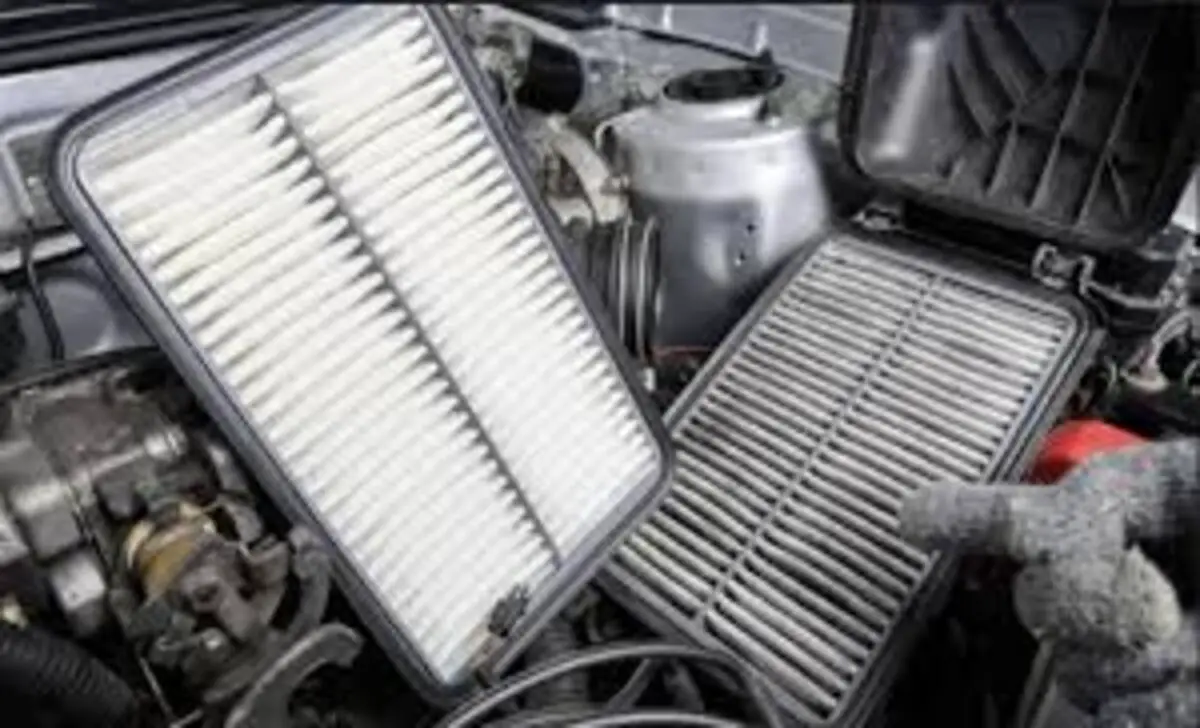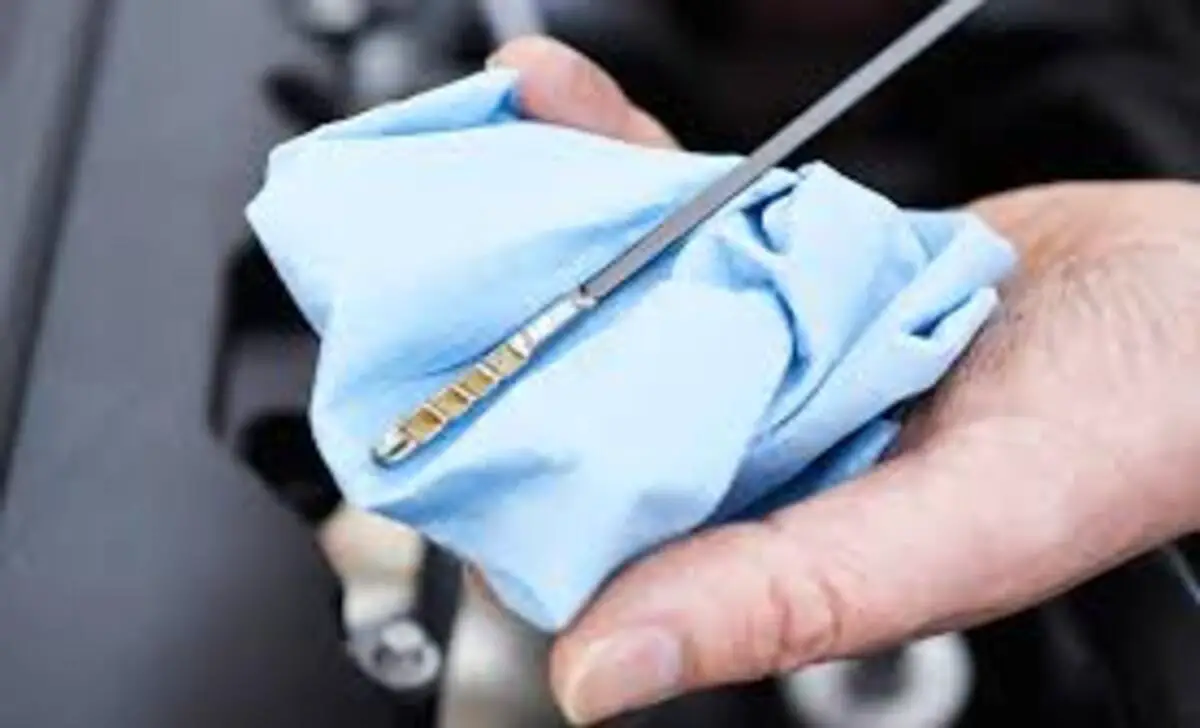Car maintenance is an essential aspect of your car’s life. It’s vital to make sure your car functions optimally and lasts as long as possible. Regular oil changes, tire rotations, gas mileage checks, and coolant/ oil changes ensure your car’s longevity.
While maintaining your car can be tedious sometimes, it’s worth the effort — especially if you want to get the best mileage from your vehicle. If you’re keen on extending the life of your car, keep reading for 12 foolproof tips that will help you do just that.

12 Ways To Make Your Car Last Longer

There are many easy ways to make your car last longer, from maintaining it properly to using authorized parts and accessories.
You can check the oil and filter regularly, change the air filter and spark plugs at least every 12,000 miles, check the fluids, brakes, and tires regularly, drive safely, avoid abuse and collisions, keep your car clean and free of debris, use a car cover when possible, park your car in a garage or covered area when not in use, store your vehicle on a level surface to avoid any shocks or damage during transport, check tire pressure regularly, and use authorized fuel. These tips will help your car run smoothly and efficiently over time.
1.Maintain Your Car’s Battery
Keeping your car’s battery in good working condition is essential to ensure that your vehicle stays running smoothly. To keep your car’s battery in good shape, you must regularly check its voltage and charge it to its maximum capacity. You can do this by fully charging the battery or topping it up after each use.
Additionally, you should avoid using harsh chemicals or cleaners on your car’s exterior. Besides, keeping your windows closed while charging the car’s battery can help reduce internal temperature. Finally, never leave your car’s battery unattended while it is charging.
2.Change Filters Regularly

Changing your car’s air filters regularly is vital to keeping your vehicle running smoothly and reducing the risk of engine problems. This is because air filters help remove debris from your vehicle’s air intake and allow your engine to breathe easily. But it’s important to replace air filters every 3 months or 12,000 miles, whichever comes first.
That’s because air filter efficiency slowly decreases over time, so replacing them regularly will help keep your car running at its best possible performance. Besides air filters, you should replace other car parts that may be causing issues with your vehicle’s performance, such as spark plugs, drive belts, and wiper blades.
3.Drive Smoothly Most Of The Time
With a smooth ride, you and other drivers on the road can stay safe. Regularly checking your brakes and tires will help ensure that they function correctly and are in good condition. Additionally, keeping your car clean and debris-free will help avoid accidents caused by unseen obstacles.
When driving, be sure to avoid running over curbs or pedestrians. Also, avoid using your phone when backing up and driving sober. These actions can help make your car safer and more reliable.
4.Use Your Air Conditioning

Air conditioning can help your car last longer by keeping it more relaxed. By cooling your car’s cabin, you can avoid having to change your car’s transmission or engine coolant constantly. This can also help extend the life of your car’s brakes and tires.
By regularly using your air conditioning to cool down your car, you’re saving money on energy bills and helping protect the vehicle’s health. Overall, using your air conditioner regularly is a great way to keep your car in good condition and save money simultaneously.
5.Replace Spark Plugs And Leads
Replacing spark plugs and leads is essential if you want your car to run smoothly. You must change spark plugs and charges regularly to ensure your car’s engine runs smoothly. They filter out excess dirt and oil from the combustion process, preventing damage to the engine.
Over time, spark plugs and leads can wear down or become contaminated with carbon residue. This can lead to loss of power or even a fire in your car’s engine. Besides, they pose a risk of electrical shock if they are replaced improperly.
To ensure your car’s longevity, change your spark plugs and leads at the recommended intervals stated by your car’s manufacturer. Various spark plug and lead replacement kits are available on the market, so choose the right one for your vehicle.
6.Top Up Fluids Regularly

It needs regular fluid and oil changes to keep your car running smoothly and reliably. Always check your owner’s manual for maintenance schedules that address fluid change recommendations. Besides, top up your car’s fluids regularly to avoid long wait times and expensive repairs.
Use the proper fluids and oils for your car’s make and model. Follow the manufacturer’s instructions for fluid and oil changes. This will help you maintain the optimum performance and longevity of your vehicle.
7.Check Your Tires
Checking your tires for signs of wear or baldness is a vital part of maintaining the performance of your car. It’s important to check tire pressure, alignment, and other factors to ensure your tires are functioning correctly. But regularly checking your tires for signs of wear and baldness can help keep your car running smoothly.
Opting for high-quality tires with low mileage can also help improve your car’s performance and reduce the risk of tire blowouts and other safety hazards. If you have low rolling resistance, you may want to replace your tires with high-performance ones. This will help your car reach its full potential and last longer in the long run.
8.Avoid Driving Over Potholes And Rough Tracks

To ensure the longevity of your car, avoid driving over potholes and rough tracks. Rough roads can damage your car’s suspension, brakes, and tires. Additionally, driving over potholes can strain your car’s suspension. Instead of going over these obstacles, try to go around them.
To prevent your car from getting damaged by potholes, follow the recommended maintenance procedures outlined in the owner’s manual to check oil and tire pressure levels regularly. Also, avoid using harsh chemicals on your car’s paint or bodywork to prevent corrosion or rusting. Finally, install a car alarm to protect your vehicle from other vehicles when driving. By following these tips, you can ensure that your car lasts for years.
9.Keep Your Car Clean
Keeping your car clean is one of the best ways to keep it running smoothly and reduce the risk of accidents. When it is regularly maintained, your car will run more efficiently and longer without wearing out or breaking down. You can clean your car using a vacuum cleaner to remove dust and debris from the interior and exterior of your vehicle. Other helpful tips include wiping down all surfaces, including the dashboard, door panels, and center console.
Additionally, you should remove any dirt, dust, or debris from the engine, transmission, and drive-train. Another great way to maintain your car’s cleanliness is by cleaning and lubricating the moving parts of your vehicle with a good quality auto oil blend. This will help extend its lifespan and prevent them from wearing out over time. Besides cleaning your car regularly, you can follow other simple maintenance tips to make it last longer.
10.Don’t Run Low On Fuel

To make your car last longer, it’s essential to avoid running low on fuel and maintain proper oil and water levels. When driving your vehicle, always make sure to follow the manufacturer’s maintenance instructions. Also, avoid using your car for long distances.
Instead of going from point A to point B, consider taking public transportation or carpooling with friends. Lastly, regularly check the oil and water levels and replace them as needed. By taking these steps, you can ensure that your car lasts as long as possible.
11.Don’t Scrimp On Parts
To keep your car running smoothly, you must scrutinize your vehicle’s maintenance and repair needs. When it comes to car maintenance, one of the most important things you can do is to replace parts regularly. Running a car on tired or worn-out legs can lead to further damage and possible failure of the vehicle.
Choose only high-quality car parts for your vehicle. Getting them professionally installed by a reputable repair shop ensures maximum performance and longevity for your car. By replacing old parts with new ones as they wear out, you can extend the life and performance of your vehicle. This will save you money in the long run, as you can avoid expensive repairs or replacement costs.
12.Make Simple And Regular Checks

It’s essential to make sure your car is in good condition and regularly check for issues. Regular checks can help prevent costly repairs. Besides, it’s necessary to check the oil level, tire pressure, and brakes. If you notice any problems, take your car to a mechanic as soon as possible.
It’s also a good idea to regularly clean your car’s exterior and interior to remove dirt, dust, and other debris. This will help maintain its looks and functionality over time. Avoiding harsh chemicals or waxes on your car’s exterior or interior will keep it looking new without damaging its finish.
Tips For A Trouble-Free Car Maintenance Regime
Regarding car maintenance, the importance of regular checks cannot be overemphasized. As a result, knowing the right tips and tricks for a trouble-free car maintenance regime becomes essential:
- Regularly check your car’s oil levels and change the oil when necessary. This will help your vehicle run smoothly and efficiently. Keep your vehicle clean and free of dust, dirt, and debris. This will keep your engine and other parts working optimally.
- Maintain your car’s brakes, oil, and air filters as required. These items are critical in protecting your engine from damage and helping it perform well.
- Regularly check your car’s tires for wear and change them when necessary. This will help ensure optimum vehicle performance and safety on the road.
- Avoid overloading your car’s electrical system by keeping the battery healthy. Also, check your charging cables for fraying or damaged portions to prevent accidents or power spikes that could damage your vehicle’s electrical system.
What Should You Do If Your Car Breaks Down?

You must prepare to take action immediately if your car breaks down. Here are some steps you can follow to make your car last longer:
- Always note the car’s registration number and vehicle type. This information will help you contact the authorities quickly in case of any emergency.
- Get your car inspected regularly by a qualified mechanic. This will help ensure your vehicle is safe and functioning correctly.
- Keep your car clean and free of debris. This will help protect it from corrosion and other damage.
- Avoid driving in heavy traffic or on poor roads. Doing so may damage your car’s engine or other components, leading to expensive repairs or even potential injury or death.
Also, avoid using your car in unsafe or reckless ways. Doing so could lead to an accident that could cause serious injuries or property damage, making it a viable choice not to use a car when possible.
Use common sense when driving, and avoid using your car in unsafe or reckless ways to keep your vehicle running smoothly and safely for as long as possible.
Conclusion
The tips mentioned above and tricks can help you make your car last longer. However, practicing good car maintenance habits is the best way to ensure your car’s longevity. Car maintenance is essential to maintaining your vehicle’s safety and performance.
You should check your oil, tires, coolant fluids, air filters, wiper blades, and lights for optimum performance and long life. Besides regular car maintenance, you should follow the other tips for a trouble-free vehicle care routine.
If you’re looking to make your car last longer, following these tips and maintaining your vehicle regularly is the best way to ensure your car’s life is as long as possible. Use the inputs provided in this blog to get started. If you’ve decided to change your car’s oil filter, now’s the time to start.
Frequently Asked Questions:
1.Can Cars Last Over 200 000 Miles?
Ans. Yes, cars can last over 200 000 miles, provided they are adequately maintained. Regular maintenance is vital to keeping your vehicle running smoothly and avoiding costly repairs down the line.
2.How Can I Make My Car Last 200 00 Miles?
Ans. To make your car last for more than 200 00 miles, follow these simple steps:
- Check your fluid levels and replace fluid as needed.
- Keep your car clean and free from debris.
- Use quality car care products.
- Avoid overdriving your vehicle.
3.How Do You Make A Car Last 500 000 Miles?
Ans. To make your car last 500 000 miles, follow these simple steps:
- Lubricate all moving parts with a quality car care product, including the engine, gears, and brakes.
- Do not overdrive your car or drive in extreme weather conditions.
- Check your oil level and replace it when it reaches the minimum requirement.
- Have your brakes checked and serviced regularly.
4.Will A Car Last Longer If You Drive It Less?
Ans. Driving your car less will not necessarily affect its lifespan, but there are a few things you can do to help improve it.
First and foremost, regularly maintain your car by checking fluid levels, brakes, and tires. Change your oil, brake pads, and windshield wiper fluid. You might also want to check the air and fuel filters since they can become clogged over time.
5.Should I Wash My Car Every Week Or Wait Until It Gets Dirty Before Passing It?
Ans. Washing your car every week is generally the best practice. Waiting until your car gets dirty can cause it to rust and lose its shine. Additionally, it is essential to keep your windows clean to prevent water and dirt from entering the car.
